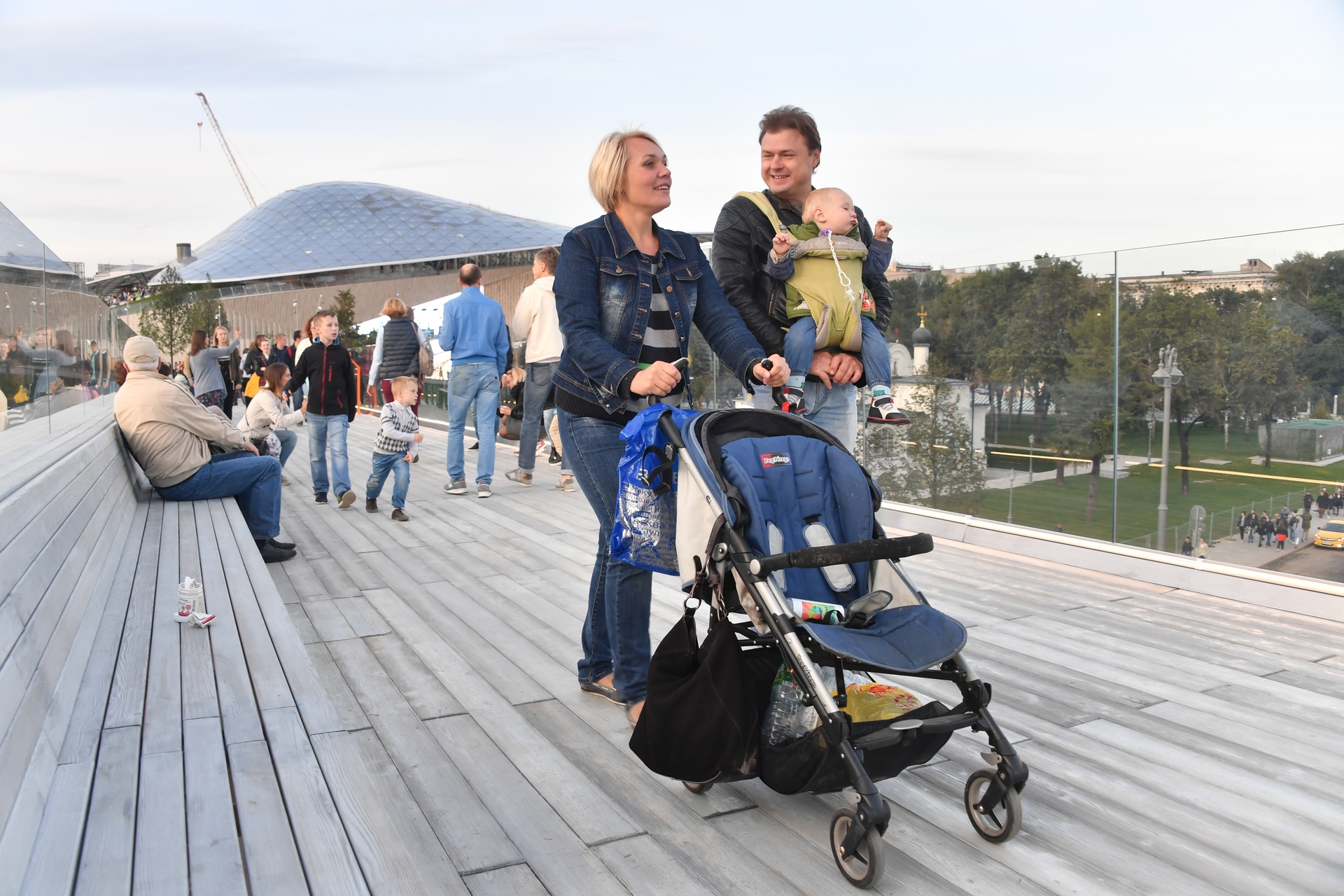The Russian government will soon allocate almost 363 billion rubles to support low-income families with children from eight to 16 years old inclusive.
This was announced on Friday, April 15, by Prime Minister Mikhail Mishustin.
“In total, we will allocate 505 billion rubles for these purposes this year so that the parents of more than 5 million children receive funds by the end of the year,” Mishustin said at a meeting on the implementation of social support measures.
According to him, the amount of financial assistance can be 50, 75 and 100% of the regional subsistence minimum for a child.
Depending on the subject of the federation and the level of family income, the amount of such benefits will vary on average from 6,000 to 12,000 rubles per month.
“It is appointed from April 1, and the transfer of funds will begin next month.
Applications for their receipt can be submitted from May 1 in electronic form through the public services portal or by personally contacting a branch of the Pension Fund or a multifunctional center,” Mishustin added.
After the payment is made, the money will be credited to the account immediately in two months - April and May.
This is stated in the message on the website of the Cabinet.
As the prime minister stressed, the introduction of the new allowance will be an important step in building an integrated system of support for families with children of all ages.
So, already today in Russia there are monthly payments to needy citizens with children under eight years old.
In addition, now Russian women with low incomes who are registered with medical organizations in the early stages of pregnancy (up to 12 weeks) can apply for a monthly allowance while waiting for a child.
Along with this, the authorities provide financial assistance for children from eight to 16 years old inclusive, who grow up in single-parent, low-income families.
“With the advent of a child, one of the parents is often forced to leave work for a while, which negatively affects income.
Financial support allows such families to reimburse at least part of the increased expenses.
Now, at all stages - in fact, from a woman’s pregnancy to the child’s graduation from school - parents can count on financial assistance from the state, ”Svetlana Bessarab, a member of the State Duma Committee on Labor, Social Policy and Veterans Affairs, told RT.
globallookpress.com
© Komsomolskaya Pravda
According to Bessarab, even in the face of sanctions and unprecedented pressure on the economy, the Russian authorities will continue to fulfill all their social obligations in full.
At the same time, the country today has enough funds to provide the necessary assistance to citizens, says Georgy Ostapkovich, director of the Center for Market Research at the Institute for Statistical Research and the Economics of Knowledge at the National Research University Higher School of Economics.
“This year we will have a large budget surplus due to high energy prices.
Therefore, everything is fine with the money in the country.
However, 505 billion rubles is only 0.5% of GDP, so in general, this amount is not burdensome for the budget,” Ostapkovich explained.
As Russian President Vladimir Putin noted earlier, against the backdrop of sanctions rhetoric from the West, the rise in consumer prices has become a serious challenge for citizens.
According to the latest estimates of Rosstat and the Ministry of Economic Development, the annual inflation rate in the country has already approached 17.5%.
Under the circumstances, in addition to introducing new benefits for families with children, the authorities are going to further index all social benefits, including pensions.
At the same time, it is planned to increase the minimum wage (SMIC) and the living wage.
“Even in the current difficult situation, at the end of the year, we need to achieve a reduction in poverty and inequality.
This is a fully achievable task even today… it is not only of an economic nature, but is also a matter of social justice,” Putin said.
The government must submit proposals for indexing social benefits by April 20.
According to Svetlana Bessarab, the initiative is designed to partially compensate citizens for rising prices.
“It can be assumed that during the second quarter the decision to increase the minimum wage, the subsistence minimum, pensions and other social benefits will already be implemented.
Indexation will take place according to the level of actual inflation, which has yet to be calculated, ”concluded the deputy.

